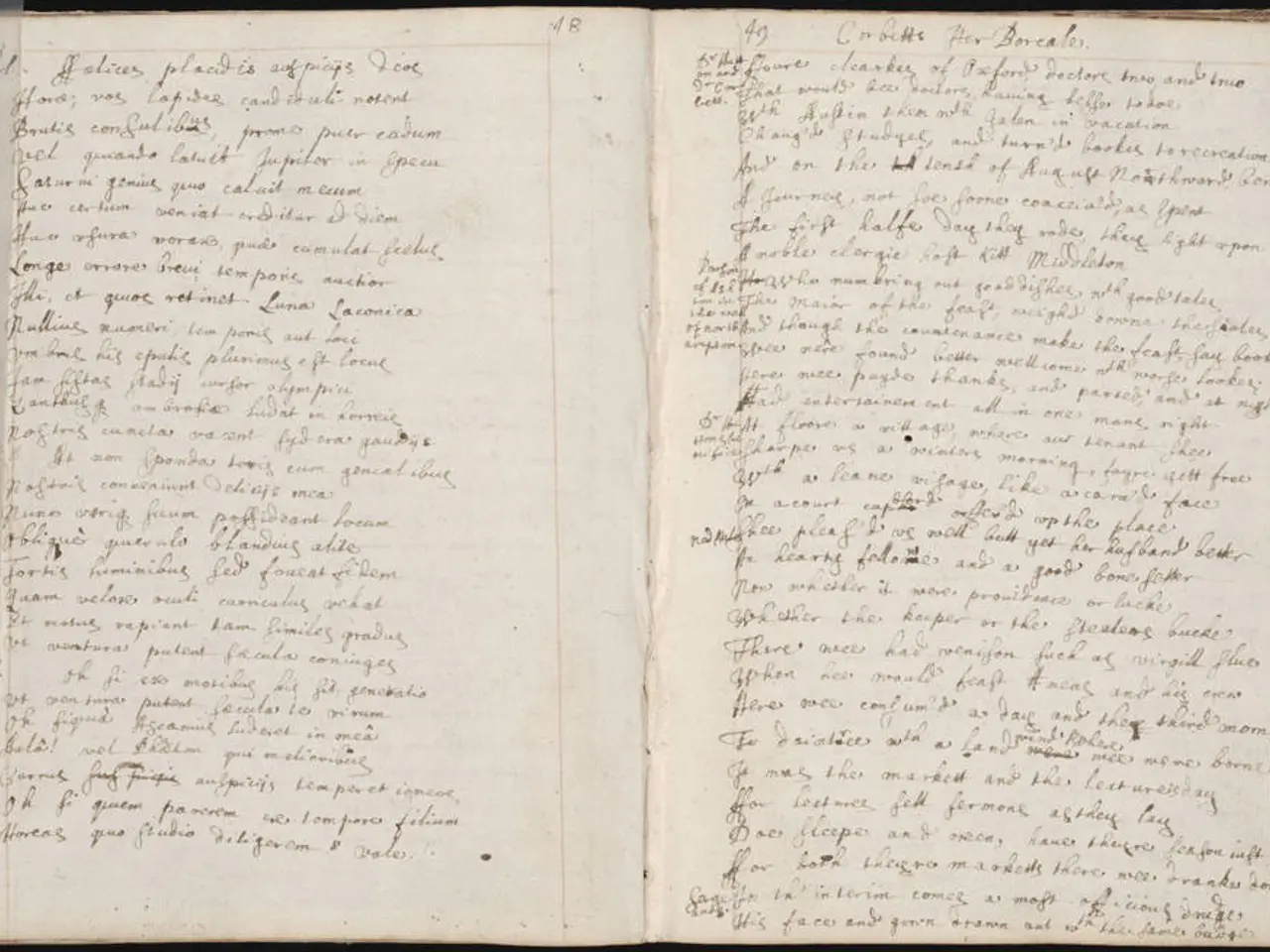Summary Synopsis of Rich Dad Poor Dad
In the world of personal finance, Robert Kiyosaki's Rich Dad Poor Dad stands as a beacon of wisdom for many. The book offers a wealth of insights into understanding the difference between assets and liabilities, developing financial intelligence, and changing one's mindset about money.
One of the key takeaways from the book is the synergy of expertise that Kiyosaki emphasises: cash flow, systems, and people. Wealth grows through smart investments and passive income streams, not solely through a salary. To this end, it's essential to focus on cash flow, not just earned income.
Financial literacy is considered more critical than income level, according to Kiyosaki. He argues that assets put money in your pocket, while liabilities take it out. To learn financial intelligence, one must develop skills in investing, understanding cash flow, and managing money.
Another important lesson from the book is the Rat Race Trap, which describes how fear and desire keep people stuck in jobs they hate. To break free from this trap, Kiyosaki advises creating multiple income sources through assets, rather than depending solely on a job for financial security.
The book also introduces two investor types: Package Investors (who buy pre-built assets) and Professional Investors (who create deals). Fear should not hold you back; instead, view losses as education and start small, perhaps with low-cost stocks.
Kiyosaki also stresses the importance of adopting a mindset focused on opportunity and learning, rather than fear and cynicism, which limit financial success. Successful people analyse opportunities instead of criticising them. Prioritise saving and investing before spending on luxuries, and pay yourself first.
The book highlights five major obstacles to financial success: fear, cynicism, laziness, bad habits, and arrogance. Overcoming these obstacles requires focus, learning from failure, and a willingness to educate oneself continuously.
The rich, according to Kiyosaki, "make money work for them" rather than working for money. Financial freedom comes from income generated by assets rather than a paycheck. The rich legally minimise taxes through corporate structures, taking advantage of tax deductions and legal protections.
Mastering multidisciplinary skills such as sales, marketing, leadership, and financial management matters more than academic specialisation. Kiyosaki also contrasts the advice of the Poor Dad, who believed in traditional paths like "Study hard, get a good job, work for security," with the Rich Dad's philosophy: "Make money work for you."
The book's core financial advice is to acquire assets that generate ongoing income, develop financial literacy, adopt a mindset focused on opportunity and learning, and avoid spending on liabilities disguised as assets. This approach leads to long-term financial freedom rather than short-term survival.
Kiyosaki also emphasises the importance of distinguishing between your profession (what you do for income) and your business (assets you own). He gives generously, believing that wealth's purpose is contribution, whether through charities or creating jobs.
In conclusion, Rich Dad Poor Dad offers a wealth of insights into achieving financial freedom. Through the stories of his two influential figures—his biological father (the Poor Dad) and his best friend's father (the Rich Dad)—Kiyosaki highlights the importance of financial literacy, asset acquisition, and a mindset focused on opportunity and learning. By following these lessons, one can break free from the Rat Race Trap and build a life of wealth and freedom.
Poems about personal finance and career development may incorporate lessons from Robert Kiyosaki's Rich Dad Poor Dad. For example, a poem couldemphasize the importance of acquiring assets that generate ongoing income, financial literacy, and a mindset focused onopportunity and learning.
One might write a poem highlighting the Rat Race Trap, describing people trapped in jobs they dislike due to fear and desires, and encouraging readers to break free by creating multiple income streams through assets.
Another poem could relay Kiyosaki's advice on financial intelligence, emphasizing the need to understand cash flow, develop skills in investing, and manage money wisely to achieve financial freedom. The poem could also stress the importance of adopting a mindset that focus on opportunity and learning rather than fear and cynicism.




